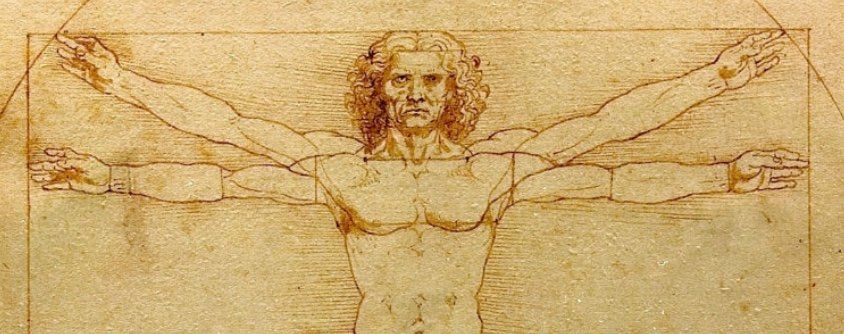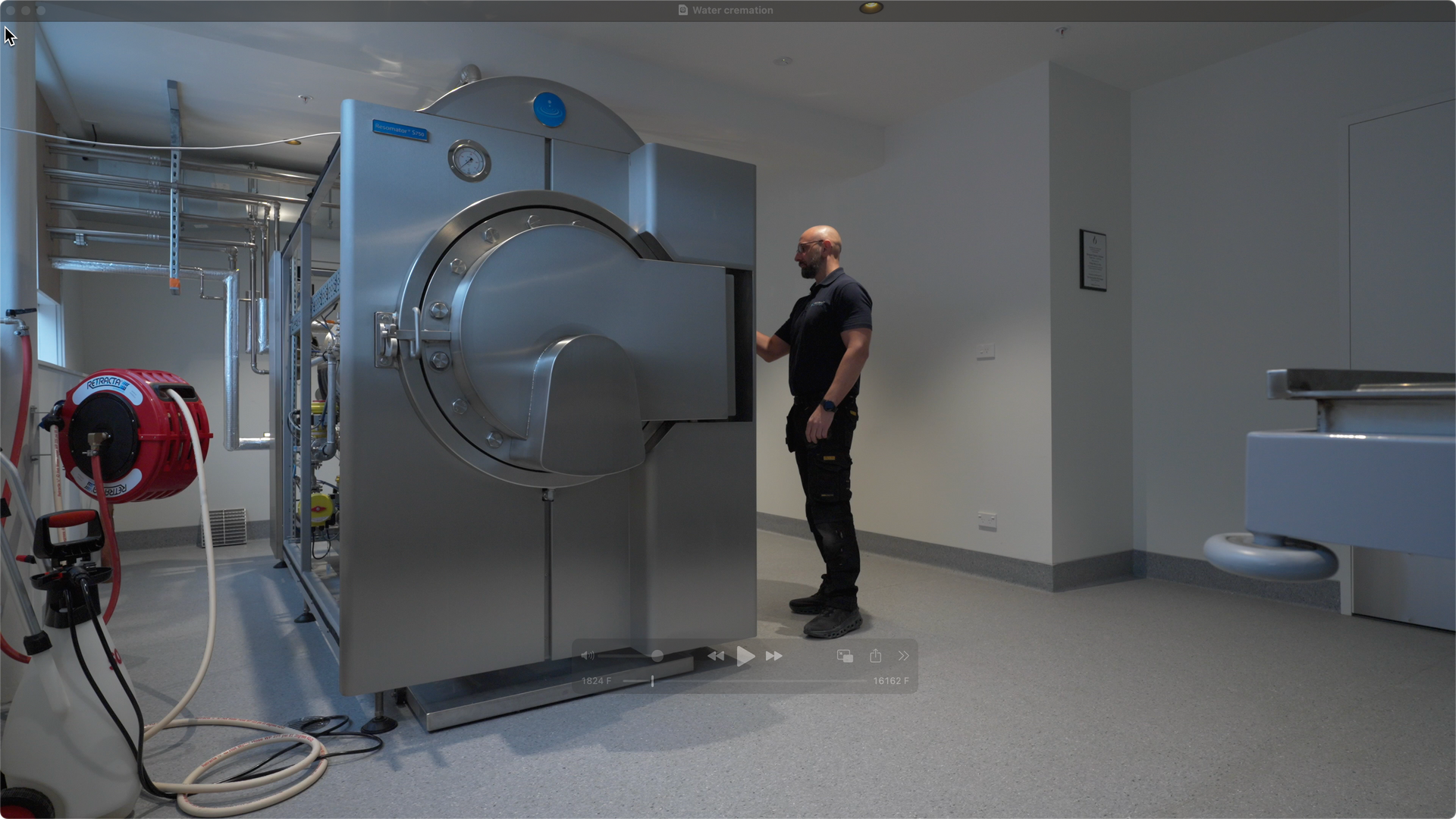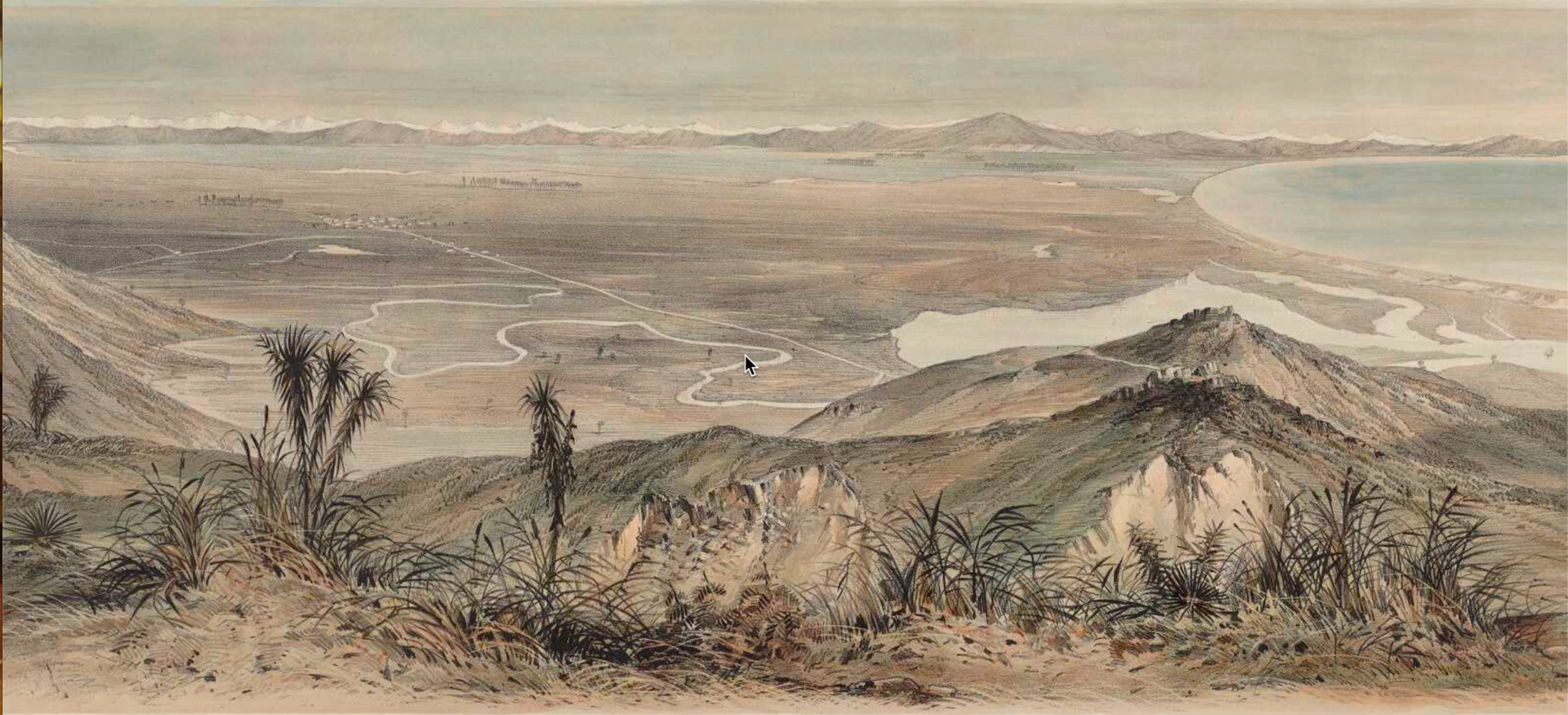Praising the ordinary
TALES OF TALL POPPIES

We Kiwis don't particularly like show offs, maybe that's connected to our sense of fair play and fondness for sports. We lionise our sporting heroes avidly follow their careers and celebrate their successes, but it's approbation with strings attached and etiquette required. Truth is, we expect our champions to respond to public applause with displays of contorted humility.
This attachment to low key heroism and unassuming leadership isn't confined to sport, it seems deeply embedded in kiwi culture and is responsible, at least in part, for what others perceive as our 'tall poppy syndrome'. Tall poppies are those considered to be your best and brightest, the syndrome denotes cutting such people down to size by diminishing their status or achievements.
But there's a conundrum, as a country we pride ourselves on a can do entrepreneurial spirit, small business and farming form the backbone of our economy, we celebrate success and hard work. So if competition and achievement are part of what makes our world go around, why the poppy cutter label? Well, to be honest, I don't think we're anti-success at all, I think we love winning. No I suspect, what we don't like is splashy displays of self-aggrandisement where others laud their own achievements making us ordinary folk feel less than equal.
When I was an impressionable young lad growing-up in Christchurch, my role models were people like Charles Upham, Ed Hillary and Colin Meads, heroes cloaked in self-effacing modesty and equanimity. There was no jumping up and down saying look at me, no mention of how proud you were of your own achievements, indeed humility was all pervading.
We expect our champions to respond
with displays of contorted humility.
I first heard the phrase 'it's a team effort' sometime in the early 70's, a response now so ubiquitous it's a sporting cliche. Overused perhaps, but it's a cliche with a clear message; nobody achieves success without the support of others whether that be parents, teachers, coaches, friends, rivals or of course your own teammates. That isn't to say there aren't a number of very talented people with extraordinary skills, it's just something we don't crow about in New Zealand. Others can certainly boast on your behalf, but woe betide those who presume to blow their own trumpet.
Well that was certainly the case way back when, but times have clearly changed. Overt displays of exceptionalism are now the hallmark of online popularity with algorithms and youthful self-esteem blended with over hyped uniqueness designed to dazzle. Self confidence and exceptionalism are now twined, striding blithely hand in hand, seemingly unaware of the psychological pitfalls they present to both the poster and viewer. Equating exceptionalism with self esteem is in my view a dangerous distortion of reality a view emboldened by the research of American Psychologist Dr.Kristin Neff who asserts the following:
"In modern Western culture, self-esteem is often based on how much we are different from others, how much we stand out or are special. It is not okay to be average, we have to feel above average to feel good about ourselves. This means that attempts to raise self-esteem may result in narcissistic, self-absorbed behavior, or lead us to put others down in order to feel better about ourselves. The need for high self-esteem may encourage us to ignore, distort or hide personal shortcomings so that we can’t see ourselves clearly and accurately. Finally, our self-esteem is often contingent on our latest success or failure, meaning that our self-esteem fluctuates depending on ever-changing circumstances."
Dr. Kristin Neff
Of course the statistical truth is that we are almost all extraordinarily average, while we may have certain traits that give us different skills, talents, advantages and disadvantages, most of us start from a rather prosaic and uniform baseline of normality; that is to say what we share is our commonness in common. Achievements are therefore, more often than not, commensurate with the amount of time and effort we invest cultivating particular skills. Yes, good luck or circumstance also come into play, more money may afford greater opportunities and education, genetics may provide stronger or longer legs for running or perhaps more analytical brain for diagnosis or math, but even with those advantages most of us are still operating within the bounds of what is considered normal and expected. For me exceptionalism, implies so much more - I tend to think of feats so far beyond the norm that only the tiniest percentage of humans could ever lay claim to the accolade; names like Da Vinci, Marie Curie and Plato come to mind.
Imagine the relief of renouncing our claims to uniqueness, accepting the wonderful liberating truth that most of us are not exceptional and never will be. Talk about removing the constant pressure to compare and compete. Accepting average as a norm does not equate to a lack of ambition or diminished achievement, far from it! I'm merely suggesting we stop wasting time and energy assuming someone else is doing better or more important work than ourselves.
For all our success and all our failures, I reckon we're are all pretty much one and the same, we all want to be liked, which includes learning to like ourselves, warts and all. That, according to the good doctor, has more to do with self-compassion, than self-esteem or exceptionalism. It's time to be kind to ourselves.


